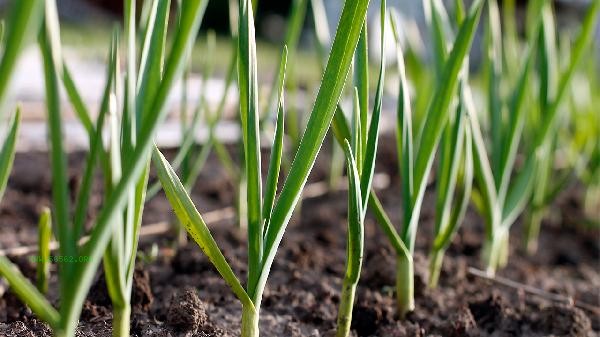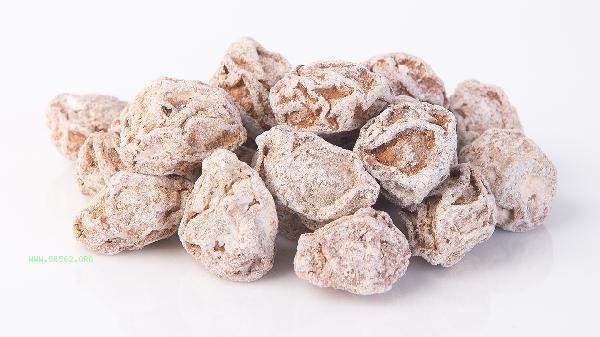High hemoglobin levels require restriction of foods that are high in iron, cholesterol, and erythropoiesis, mainly including animal liver, red meat, seafood, spinach, and red dates.
1. Animal liver:

Pig liver, chicken liver and other animal liver are rich in heme iron, with an iron content of up to 22.6 milligrams per 100 grams of pig liver, which directly promotes hemoglobin synthesis. Long term excessive intake may worsen blood viscosity and increase the risk of blood clots. It is recommended to consume no more than 50 grams per week, which can be replaced with plant-based proteins such as tofu. 2. Red meat: The absorption rate of heme in beef and mutton is three times that of plant iron. Daily intake of more than 75 grams of red meat will significantly increase serum ferritin levels. When cooking, it is recommended to blanch first to remove some blood and prioritize white meat such as chicken and duck as substitutes. 3. Seafood: Oysters, mussels, and other shellfish contain 20 times more iron than milk, and are also rich in copper to promote iron absorption. Patients with hemochromatosis should especially avoid it, with a recommended weekly intake of less than 200 grams, which can be consumed in combination with vitamin C blockers such as tea.
4. Dark vegetables:
Spinach, amaranth, and other vegetables contain non heme iron, but high oxalic acid content can stimulate intestinal iron absorption. After blanching, oxalic acid can be reduced by 40%. It is recommended to form insoluble complexes with calcium rich foods to reduce the bioavailability of iron.
5. Nourishing ingredients:

Red dates, ass hide glue and other traditional blood nourishing ingredients contain cyclic adenosine phosphate and other active ingredients, which can stimulate the hematopoietic function of bone marrow. When hemoglobin is above 160g/L, consumption should be suspended, and yin nourishing ingredients such as Tremella fuciformis and Lily can be used as substitutes for supplementation. People with high hemoglobin levels should drink at least 2000 milliliters of water per day to promote the elimination of metabolic waste. It is recommended to use steaming and boiling methods for cooking to avoid the increase in blood lipids caused by deep frying. Moderate aerobic exercise such as brisk walking and swimming can improve microcirculation, but it is necessary to avoid hypoxic environments such as high-altitude training. Regularly monitor blood routine indicators. If accompanied by symptoms such as dizziness and skin itching, seek medical attention promptly to investigate diseases such as polycythemia vera.









Comments (0)
Leave a Comment
No comments yet
Be the first to share your thoughts!